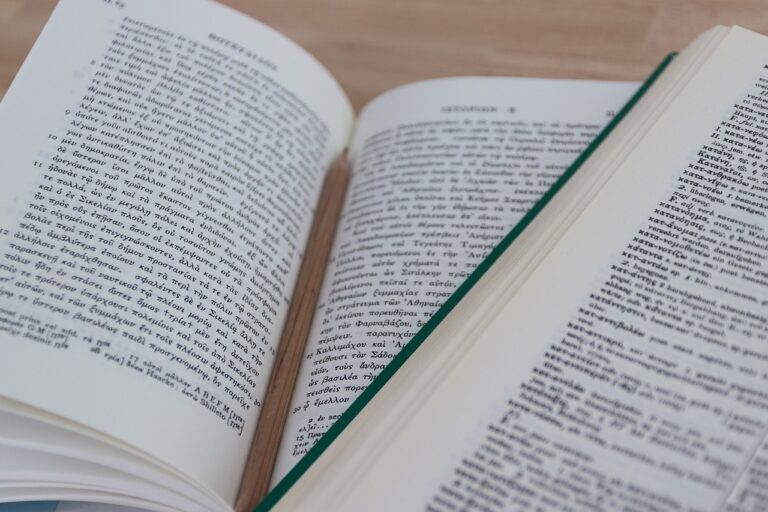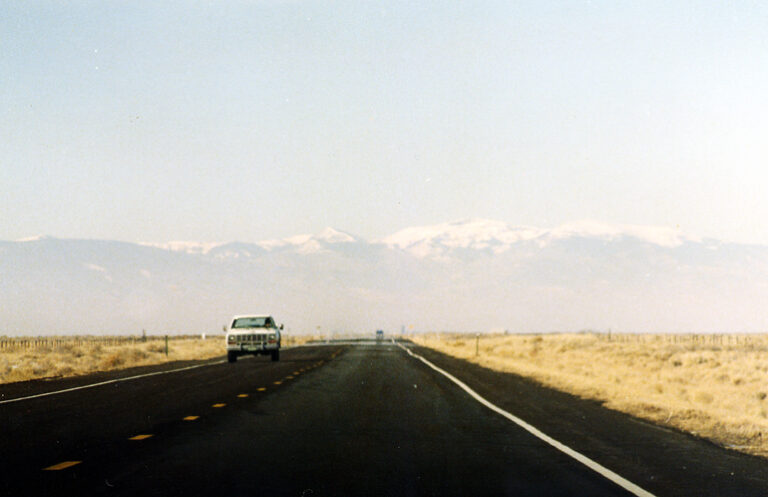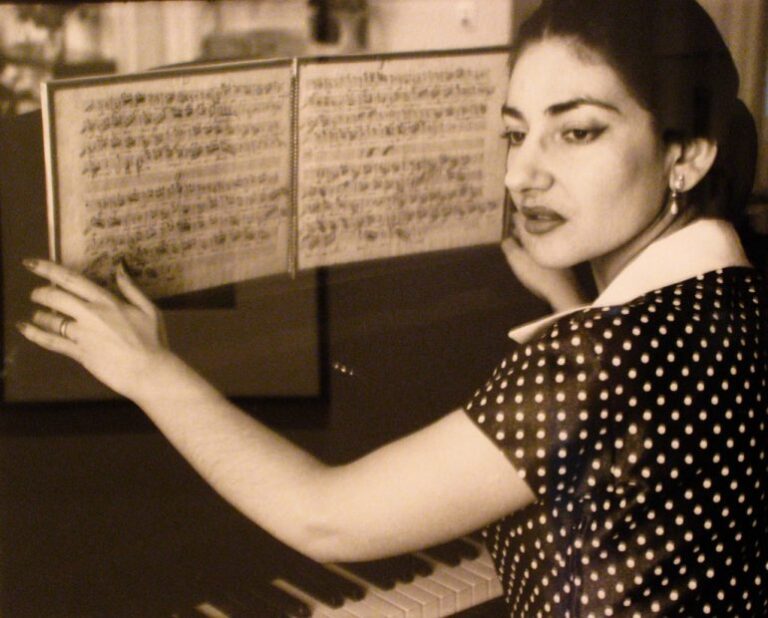The Way to Freedom in Jacqueline Crooks’s Fire Rush
Fire Rush
Jacqueline Crooks
Penguin Random House | April 18, 2023
In Jacqueline Crooks’s Fire Rush, the protagonist Yamaye and her friends Asase and Rumer run the underground dancehall reggae scene in Norwood, a Jamaican community in London. Skanking and raving is how they escape the grind of Babylon and factory life. Dancing in the Crypt, they move through music and dance, between the flesh and spirit world, just enough to keep the ghosts at bay.
Yamaye meets Moose, a soulful carpenter who works with wood. “Each tree is a portal,” Moose says. Yamaye is also looking for a portal—a way out—especially as her fiery friend Asase dances too close to danger.
When tragedy strikes, Yamaye loses everything and finds refuge in the underground world of music and gangs. “The first territory that rebels claim is the night,” and Yamaye recreates herself as a selector/toaster/deejay, “repatriation through the bassline.”
Yamaye’s mother left when she was young, and her absence remains a mystery. As danger closes in, Muma calls out to Yamaye in her dreams and through music. Eventually, Muma’s voice will bring Yamaye to Jamaica, “where the liquid turquoise of the Rio Cobre fuses with the molten bronze sun.” As she searches for her mother, danger pursues her. But only by following underground currents, both in flesh and spirit, can she find her way home.
Fire Rush is a journey from underworlds to natural worlds, from the present to the past, and from secrets to finding one’s voice. Layered in are elements of history and ancestry; of longing for mothers and motherlands; of oppression and uprising; and of the historical, sociopolitical, and spiritual power of music.
Reading this book was intense, hypnotic, and completely transportive. With an unmatchable voice and urgent pacing, the opening pages clutched me. I was immediately lost in the “riddim” of the Jamaican patois. As Muma calls Yamaye and danger closes in, I found myself frantically turning pages trying to reach Muma and the rivers that lead to the sea, to home and safety.
The lyrical and descriptive text is smooth, spare, and in control, just like the moves and dialogue of Yamaye and those who flex around her. Crooks uses alliteration and hard-hitting prose, like this passage from the opening pages:
One o’clock in the morning. Hotfoot, all three of us. Stepping where we had no business.
Tombstone Estate gyals — Caribbean, Irish. No one expects better. We ain’t IT. But we sure ain’t shit. All we need is a likkle bit of riddim. So we go inna it, deep, into the dance-hall Crypt.
Musical references are used throughout to describe Yamaye’s interior and exterior world, like “thunder-bass,” “a gang of heartbeats,” a “percussive trails of drumbeats,” and “caught in infinite loops.”
“We don’t dress pop,” Yamaye narrates. “We spin our garments different, wear our music on our bodies. Whipcrack pleats, spliced textures, rewind old-time swing skirts, turned-up bling.”
Crooks knows the musical worlds of which she writes. With her evocative description of landscape and soundscape, underworlds and natural worlds, she puts the reader so viscerally in the belly of the dancehall scene. I felt completely immersed in Yamaye’s world. Her vivid descriptions of smells and foods are truly transportive.
Jacqueline Crooks has crafted a gripping and deeply moving book, one I wanted to savor, to drop into like a dubstep beat. Immersed in the language and music, I didn’t want to read too quickly. Yamaye’s voice crept into my head. Like an old friend I didn’t know I missed, maybe from another life, when time bends up on itself like riddim and bass. I empathized with the main character so much that I felt like she was me, her ancestors mine, her journey my own.
The end totally rocked me. It lingered, in part because of the deep connection I felt for Yamaye and her longing for her mother, her roots, and her sense of self. As soon as I finished the book, l wanted to reread it, to dance up with the ghosts, feel the heat in the underworld, and journey to Jamaica, where all underground rivers lead to the sea.


